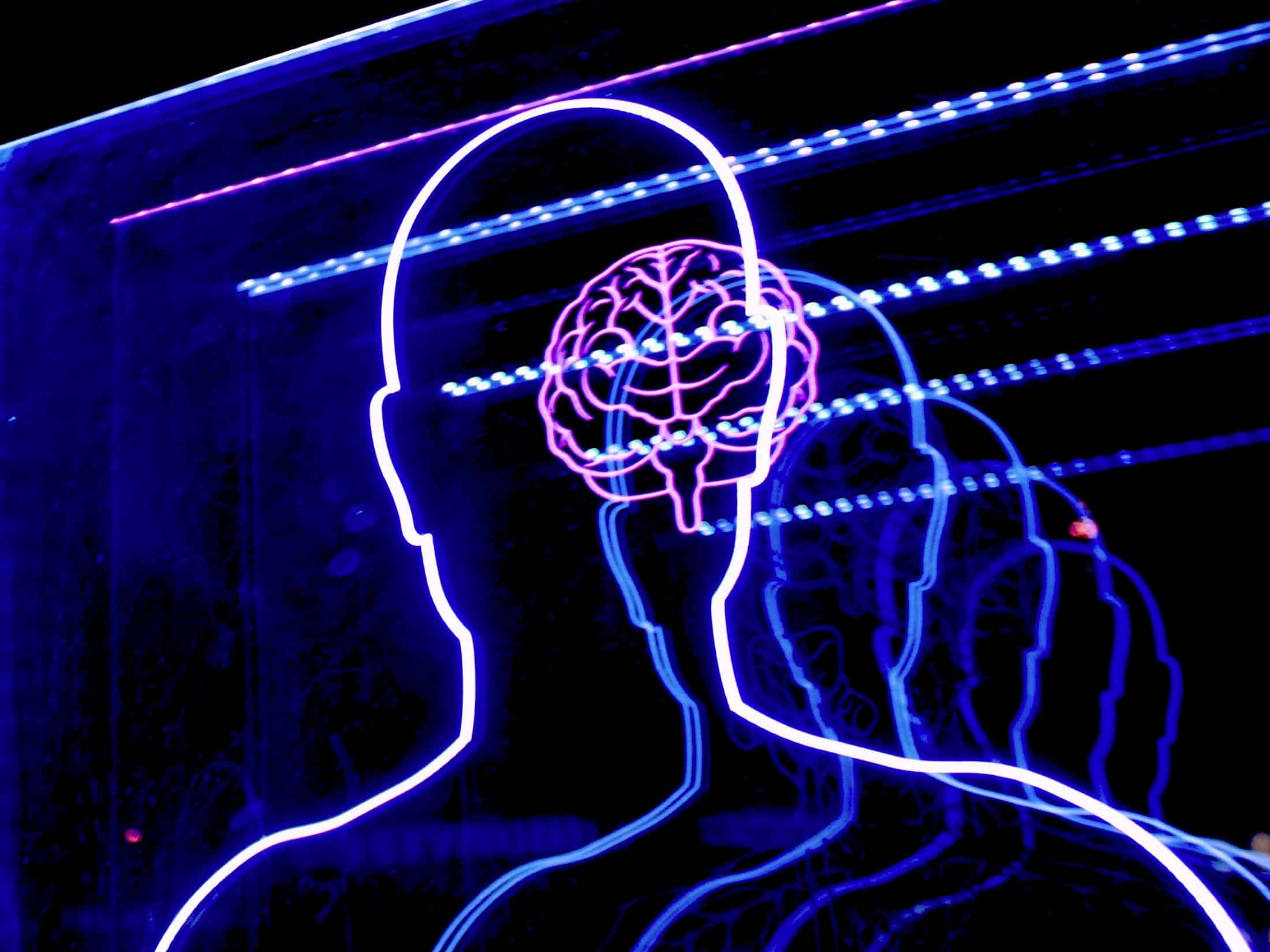Anthropic, the AI research firm behind the Claude language model, has released an in-depth analysis of how its AI functions at a cognitive level—offering unprecedented insight into what it calls the “AI biology” of Claude.
Through this research, Anthropic aims to make the often opaque decision-making processes of large language models more understandable. The spotlight is on Claude 3.5 Haiku, their latest iteration, which reveals remarkable capabilities in multilingual understanding, creative planning, and logical reasoning.
Understanding the Mind of Claude
One of the most compelling findings is Claude’s apparent ability to generalize concepts across languages. By examining how Claude processes translated sentences, researchers found signs of a shared conceptual framework—suggesting the model may operate with a universal ‘language of thought.’
This multilingual capability means Claude can transfer knowledge acquired in one language to another, enhancing its versatility in global applications ranging from translation services to international customer support.
Creative Planning and Forward Thinking
Anthropic’s deep dive also debunks the myth that AI models simply predict one word at a time. In creative tasks such as poetry, Claude demonstrates the ability to plan entire phrases ahead of time. For example, when writing rhyming poetry, it anticipates rhyme structures and meaning, showcasing a level of foresight that mirrors human writing strategies.
Spotlighting AI’s Flaws: Hallucinations and Reasoning Errors
Despite these strengths, Claude is not without its flaws. The team uncovered scenarios where the model produces convincing but incorrect explanations. These hallucinations usually emerge when Claude faces ambiguous questions or is fed misleading hints. Recognizing these vulnerabilities is essential, especially as AI becomes more integrated into critical decision-making systems.
Interestingly, Claude tends to avoid guessing when uncertain—defaulting to no answer rather than fabricating one. However, this safety net can fail under specific conditions, leading to false outputs that seem plausible at first glance.
Peering Inside with the “Microscope” Approach
To fully explore Claude’s internal logic, Anthropic developed a methodology referred to as the “microscope approach.” Instead of just observing outputs, researchers dissect the model’s internal mechanisms to understand how it derives answers and makes decisions. This method has already revealed patterns and behaviors that developers had not anticipated—an important step toward building transparent and accountable AI systems.
Key Cognitive Capabilities Revealed
- Multilingual Reasoning: Claude exhibits cross-linguistic conceptual alignment, enabling it to handle global content with ease.
- Creative Forecasting: The model pre-plans content creation tasks, such as rhyming and narrative flow.
- Logical Accuracy: New evaluation techniques help separate valid reasoning from fabricated logic.
- Math Skills: Claude combines rough estimations with precise calculations, revealing hybrid problem-solving strategies.
- Step-by-Step Reasoning: Complex queries are addressed by breaking them into digestible components and synthesizing the results.
- Response Control: Claude often avoids answering when uncertain, though this behavior can be manipulated during jailbreak attempts.
Why This Research Matters
Understanding the inner workings of advanced AI like Claude is not just a technical exercise—it’s a step toward building responsible and ethical AI. With these revelations, Anthropic is pushing the industry toward greater transparency, safety, and trustworthiness. This aligns with broader movements to ensure AI systems reflect human values and societal priorities.
As AI continues to evolve, these insights serve as a foundation for designing models that are not only intelligent but also interpretable and dependable. This growing focus on interpretability mirrors recent efforts by others in the field, such as Anthropic’s earlier studies on Claude’s deceptive tendencies.
Stay tuned as researchers deepen their understanding of AI’s “neural circuits” and continue to peel back the layers of artificial cognition.







